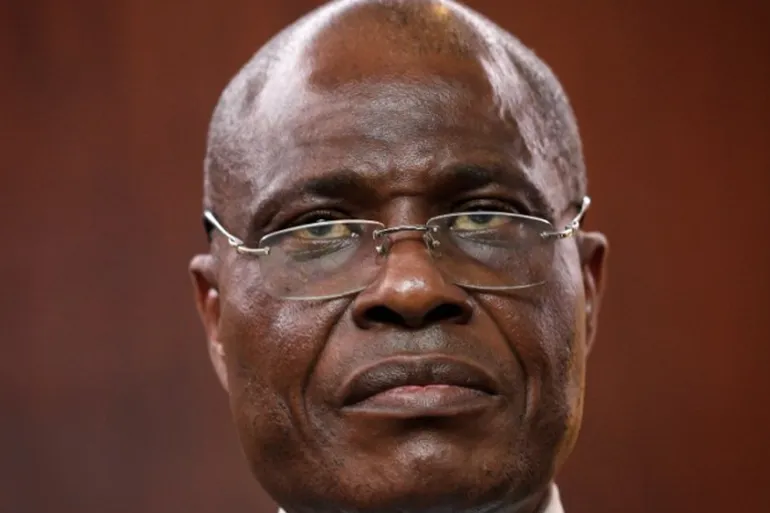Leading opposition figure in the Democratic Republic of the Congo (DRC), Martin Fayulu, has announced that his party, Engagement for Citizenship and Development, will abstain from participating in the forthcoming elections unless the voter list is completely overhauled and audited. He alleges that the list, as it currently stands, is a product of fraud.
This development comes as tensions are mounting ahead of the legislative and presidential elections slated for 20th December, where incumbent President Felix Tshisekedi is anticipated to seek re-election. Fayulu, who narrowly lost to Tshisekedi in the 2018 election, vociferously challenged the outcome, maintaining that he was the rightful victor.
Addressing a press conference in Kinshasa on Monday, Fayulu stated, “Everyone knows that the voter identification and registration process in which we participated took place in total opacity, a proof of the planning and execution of fraud.”
He added, “We have decided not to submit the candidacies of our members at all levels of elections as long as the electoral list is not redone transparently and audited by an external firm.”
In May, the Congolese electoral body, the Independent National Electoral Commission (CENI), engaged the services of five international experts to assess the voter list, which they subsequently validated as reliable.
However, this endorsement has not been universally accepted. The United States, the European Union, and other Western powers expressed concerns in a joint communiqué, asserting that the audit did not “foster the public perception of independent and transparent oversight” and represented a lost opportunity to instil confidence.
The prelude to the elections has been fraught, with numerous opposition candidates voicing discontent over what they perceive as a flawed and biased electoral process. Security forces have been deployed to quell public demonstrations, which have erupted due to alleged irregularities in the voter registration process.
Adding to the existing turmoil is the ongoing conflict in the eastern region of the DRC, which poses significant challenges to the registration process. This area, beset by the activities of over 120 rebel factions including the M23 group, has seen the displacement of hundreds of thousands of citizens in the past two years.
Political analyst Tresor Kibangula of the Ebuteli think tank commented that while it is becoming increasingly unlikely that the 2023 elections will be deferred, the real issue lies in the lack of public trust in CENI and the Constitutional Court.
Sub-Saharan Africa’s largest nation, the DRC, with a tumultuous history marked by coups and autocratic governance, faces a momentous test of stability in these forthcoming elections. The complex ballot will involve the election of the president, national legislature, provincial assemblies, and local councils.
Fayulu, in conjunction with opposition stalwarts Moise Katumbi, Matata Ponyo, and Delly Sesanga, has vowed to “unite our ideas and strengths” and has orchestrated joint protest rallies. The crackdown on one such demonstration in May elicited condemnation from international observers, the influential Catholic Church, and civil society.
Political science professor Alphonse Maindo issued a stark warning, stating that “sound elections” in December would be impossible, given the organisational problems. He cautioned, “The coming months are going to be explosive, with demonstrations, arrests, trials.”
With the DRC’s delicate political situation compounded by security challenges and economic hardships, the outcome of the December polls and the manner in which they are conducted will be closely scrutinised both domestically and internationally.





